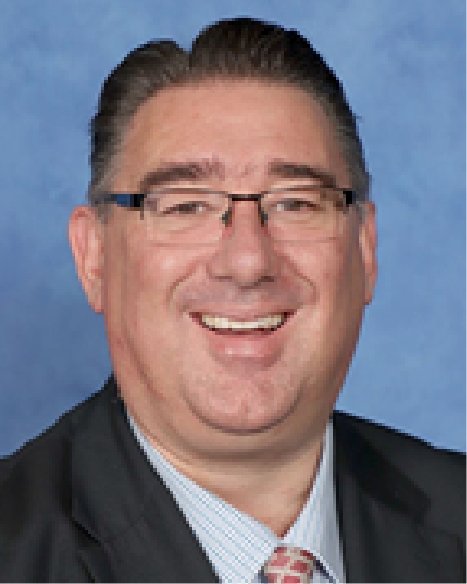Intercultural Education
Journal Launch - Learning in Practice: The Barker Institute Journal (2023)
This week we are proud to launch the 2023 edition of the Barker Institute Journal, Learning in Practice. The full journal and individual articles are now available online on the Barker Institute website .

Many of the ongoing whole school projects which the Barker Institute has continued to support in 2023 through its active, school-based educational research find a voice in this year’s journal. The seventh volume is more than just a home to considered reflections on pedagogy or a forum through which dialogue for the benefit of professional learning and development takes place. This year’s edition of Learning in Practice has welcomed staff contributions that have had an impact on educational thinking and practice both here in Australia and abroad. Scott’s paper outlining key considerations in refugee education is a much-abridged version of a larger work published by the Barker Institute earlier this year, which deliberately coincided with the same time as the School moved into a new field of Humanitarian Education. Gibson’s work on Character Education comes from Barker developing an intentional focus in this area and at a time where Barker has actively embraced being a Round Square school. Articles for this year’s Learning in Practice were received from across the School. Some, such as Young, Pitkin and Scott, Mifsud, Corderoy and Liseo, and Low reflected on key aspects of the learning and teaching that takes place at Barker and linked their reflections to academic literature more broadly. Others, such as Felsman, Watson, Graham, and Howard drew inspiration from further studies they are undertaking. Matters, Eastman, Longney and Wells presented research and reflections on practice in Gifted and Talented education. Such breadth and depth of knowledge and expertise is enriching.
We were excited for the Barker Journey students as they started secondary school. It was a privilege to listen to these young men and women as they shared what it is like to go to school as a Year 7 student. Their narratives of what learning, teaching, and schooling in the 21st century is like, mixed in with experiencing social and academic changes in the world around them, revealed a desire for nurturing learning relationships. They showed us how they are changing into more independent learners while maintaining a community-oriented approach to learning. They revealed a willingness to embrace productive challenges, and that their perception of learning as a relational endeavour persists driven by their belief that it will aid in adapting to change, confronting challenges, and preparing for future learning.
The Barker Institute is delighted to serve the School, and the wider community, through the educational research we conduct ourselves and facilitate in others. There is much to celebrate in this year’s journal and we hope that you will find it both useful and informative. We invite all to be in touch with us about the educational research taking place at Barker.

Dr Timothy Scott
Tim has held leadership roles in schools across Australia and abroad for 25 years, alongside teaching History and Modern Languages. His research focuses on intercultural learning and pedagogical translanguaging, refugee education, and student voice in improving educational practice. He is a lead researcher for the Barker Institute’s ongoing decade-long longitudinal study, The Barker Journey. Alongside his research work, Tim currently teaches History and IGCSE Global Perspectives. His PhD examined socio-political influences on contemporary German conceptions of history and archaeology.

Dr Matthew Hill
Dr Matthew Hill is the Director of The Barker Institute with a focus on professional learning, research, and innovation in the school. He teaches Physics and the new Science Extension course at the School which introduces students to scientific academic research. Matthew's doctorate reflects his passion for science education focussing on Representational Fluency amongst physics students at school and university. He has published in leadership, education, and science journals and been involved in course development and teaching at The University of Sydney and The University of Western Sydney. He has also completed a Graduate Diploma in Divinity at Ridley College in Melbourne.







